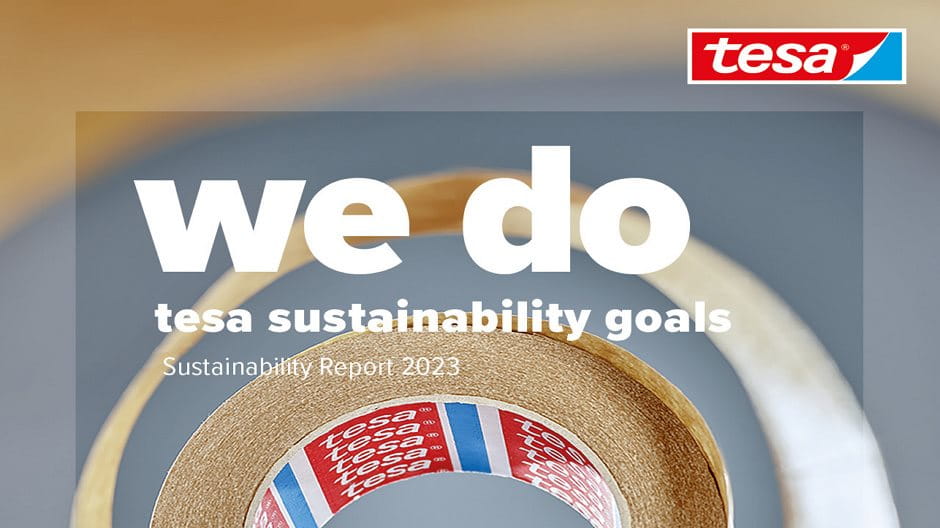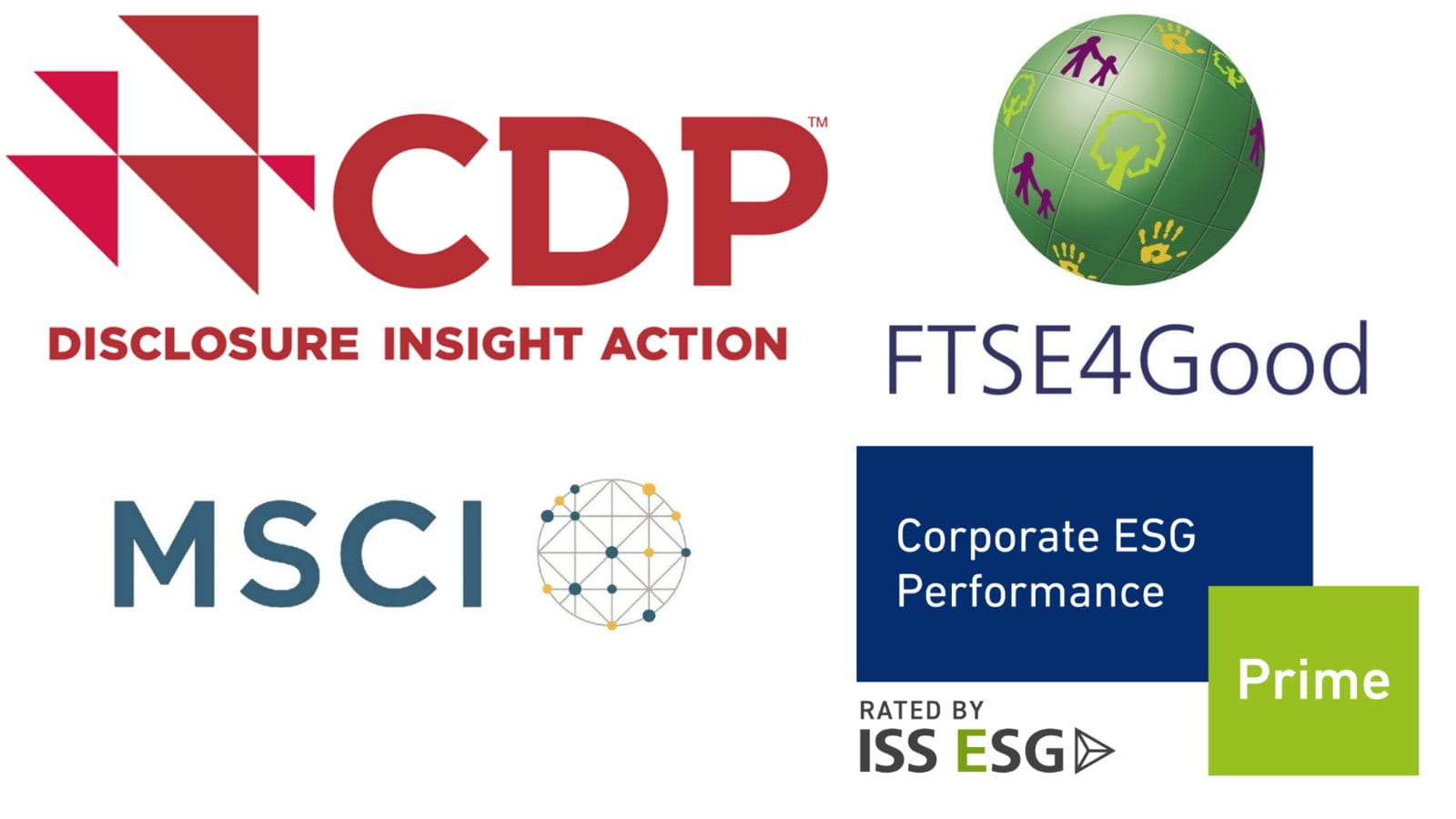Transparent reporting on our sustainability activities is a key priority at Beiersdorf: We have reported regularly on our strategic approaches, projects and measures in this area since 2003. By providing comprehensive and standardized sustainability information, we not only aim to reach our stakeholder’s needs but also want to contribute to the global effort towards sustainable and responsible business practices.





